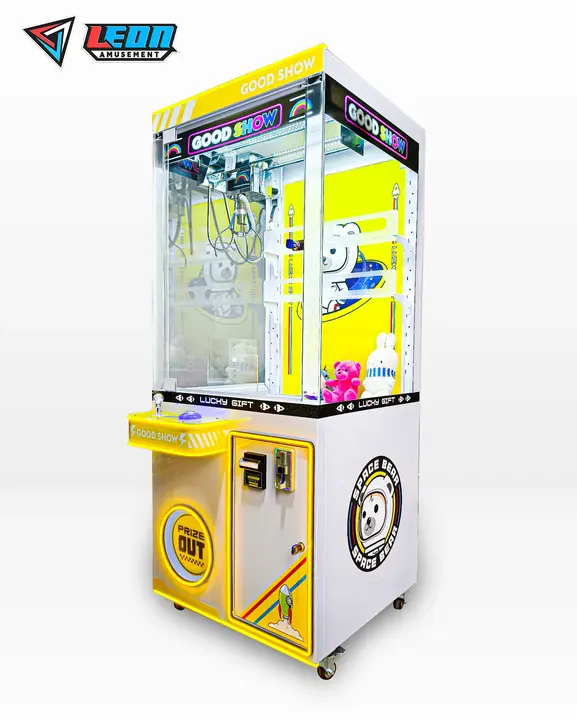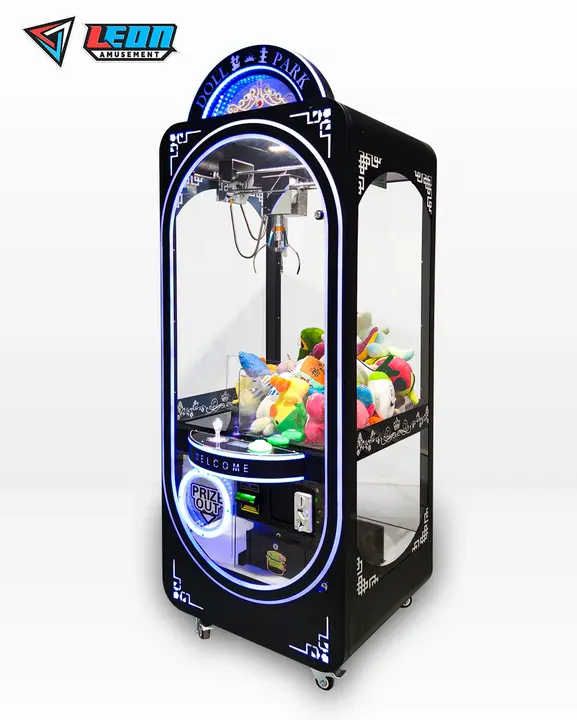It is regulated on the state level in the United States, with some states requiring a license to operate a game of skill like claw machines. Machines must be held under an amusement device license in California, costing up to $300, with each machine subject to a mandatory annual safety inspection. In the state of Texas, you will not generally need a specific license, but you will still have to acquire a business license. Furthermore, operators must declare claw machine earnings to the tax authorities, and in certain states, sales taxes can go as high as 10%. You don’t need a license for home use, but equipment must comply with electrical safety standards.
Table of Contents
ToggleState Regulation Differences
Each of the 50 states in America has much leniency over claw machines’ regulation, or so it would seem. This type of amusement equipment is subject to strict regulation in certain states and less so in others. In California, all forms of amusement equipment that operate in a public place or otherwise, as defined under the Amusement Ride and Device Law, including claw machines, are required to have an amusement device license.
Texas, on the other hand, has lax regulations. The Texas Regulation of Amusement Device and Game Equipment does not require a special license to keep a claw machine in public, only a business license. Their operators must abide by the regulations of some city governments, but licensing is not required at the state level.
Claw machines, under the Florida Amusement Device Regulations, can become a target of regular inspections to ensure that their operation complies with regulations intended to keep them fair and safe. Operators who do not apply for a license or violate regulations may have to pay up to $500 in fines and could lose their ability to operate.

Business License and Tax Requirements
Operating a claw machine in America generally requires a business license, but otherwise, that’s it (usually this may also need some form of business-based licensing). This is fundamental for any business activity in every state. Under New York Business Law, anyone who wants to hold a business license in New York must pay an application fee between $50 and nearly $200, depending on the size of the business.
The revenue from claw machines is also subject to sales tax regulation. That income is taxed at the state sales tax rate of 7.25% in California, and some counties have additional taxes that raise this to a total overall combined rate of around 10%. Operators in Washington State have a state sales tax of 6.5%, plus additional county taxes for a total rate of between 8.5%–10.5%.
If the machine is located in a large shopping mall or amusement park, its owner must also sign an agreement with the venue and pay them 30%-50% of the net profit.
Equipment Safety and Consumer Protection
The safety and fairness of claw machines are measured differently in every state. Amusement equipment in Michigan must undergo annual state inspections, which include checking claw strength and game duration to ensure they comply with regulations. The cost for these inspections usually ranges between $200-$500 per machine, varying by size and age.
In California, if a claw machine is found not to be operating according to fair practices — such as the strength of the claw or the time given to grab an item before it drops — operators could face consumer complaints and fines up to $1,000.
Some states also mandate that operators maintain liability insurance to protect against equipment failures or accidental customer injuries. Florida requires operators of amusement devices to carry insurance with at least $1 million in coverage to protect consumer rights.

Home or Private Use
Claw machines operate in a grey area when used as a private piece of personal property where they often function without the need for an amusement or business license. Nonetheless, they must comply with electrical safety regulations to ensure their use does not endanger people, particularly children.
For instance, if a claw machine was used during someone’s private event and an individual got hurt or injured while using it due to malfunction, residents should purchase private property liability insurance, with coverage starting from $300,000 (most) to around $500,000, to avoid deep trouble if an accident occurs.
A temporary event license may be required if a claw machine is used at a public event and fees are charged. In Texas, any private event expected to bring in over $500 in sales must apply for a temporary event license ahead of time with the local government, which usually costs between $25 and $50.








